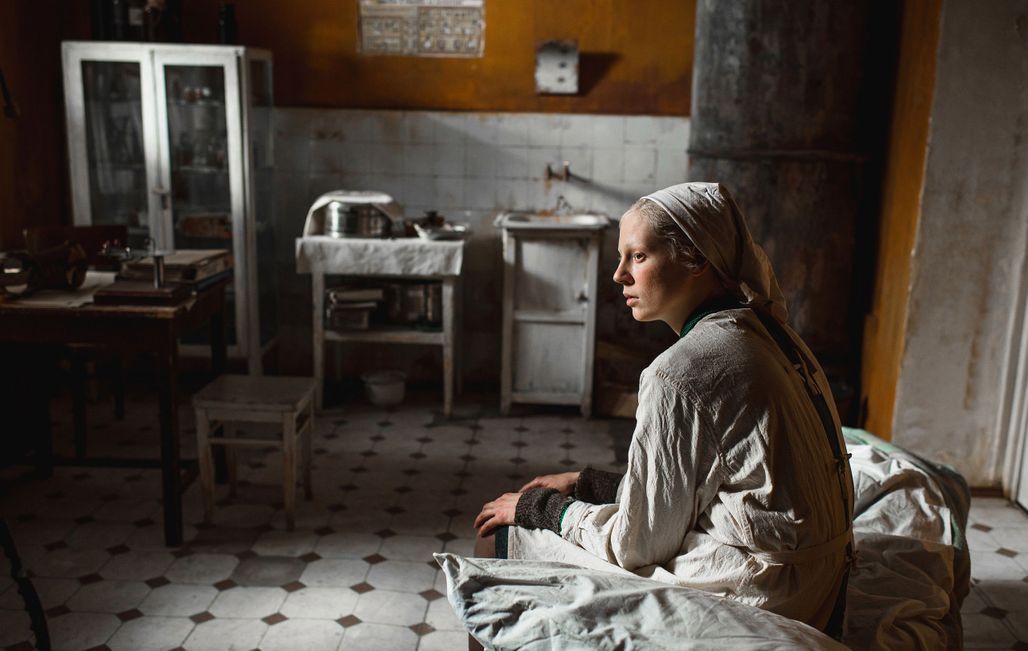
Beanpole as seen by Kantemir Balagov

Leningrad, 1945. The Second World War has devasted the city and its inhabitants. Two young women, Iya and Masha, search for meaning as they try to rebuild their lives. Russian director Kantemir Balagov follows up Tesnota (Closeness, 2017) by returning to Un Certain Regard with Beanpole, a film which explores the future of these women, scarred by the horrors of conflict.
Could you tell us about the origins of this film?
My main source of inspiration was the book "The Unwomanly Face of War" by the Nobel prize winner Svetlana Aleksievitch. The book opened up a world to me that I didn't know. I knew very little about war, and in particular, I was completely unaware of the role played by women at that time. From that standpoint, I began to wonder about the consequences the war had for those women whose bodies and minds were abused, traumatised and ravaged. Particularly for the women who lived in Leningrad, a city which endured the worst siege in history, the effects of which are still visible today in St Petersburg, formerly Leningrad.
Beanpole is my second film. It shows the obstacles overcome by the two heroines, who are, just like their city, destroyed and traumatised by war. As a writer, I am trying to understand what happens to a woman, who is supposed to give life, after having gone through so many horrors.
This film is also tinged with different colours. When I began to study the private diaries of these people, I realised that, despite their daily hardship, glimmers of light shone around them. It is the contrast between these vibrant colours and the precarious conditions of their post-war life which spoke to me and which I wanted to reproduce in Beanpole.
Could you describe your working methods and the atmosphere on set?
I always try to maintain a pleasant working environment on set. The only thing I particularly insist on is concentration.
Can you tell us a bit about your actors?
Beanpole was the first film for most of our actors. And our two leads are still drama school students! For me, the crucial thing about an actor is not their experience, but their personality, their nature and their character.
What did you learn during the making of this film?
Quite simply, I became aware that it was impossible for me to live without cinema. I cannot bear to live without seeking out the miracle which appears during every second of a shoot.
What made you become a filmmaker? What were your influences?
My impatience! As for my sources of inspiration, I was profoundly influenced by films like I pugni in tasca (Fists in the pocket) by Marco Bellocchio, Moy drug Ivan Lapshin (My Friend Ivan Lapshin) by Alexei German, Rosetta by the Dardenne brothers, À bout de souffle (Breathless) by Jean-Luc Godard, as well as all of Marcel Carné's films.


